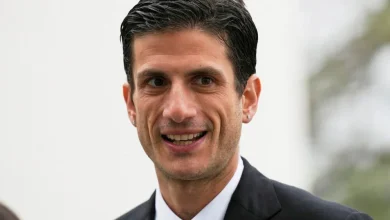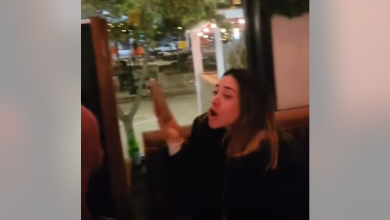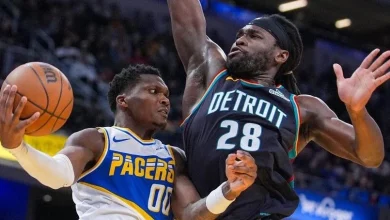Protesters upset over Arizona ICE facility conditions after veteran deportation

PHOENIX (AZFamily) — Activists are sounding the alarm about conditions in an Arizona ICE facility following the deportation of a decorated Army veteran who they say gave up his appeal rights due to poor treatment in federal immigration custody.
Jose Barco, 39, was deported Thursday night after waiving his rights to an appeal, according to protesters who gathered outside ICE headquarters in Phoenix on Friday. The Venezuela-born veteran served in the Army infantry from 2003 to 2009, earning more than a dozen medals over two tours and receiving a Purple Heart after being wounded in a car bomb in Iraq.
Activists said Barco’s experience at the ICE facility in Florence drove him to abandon his legal fight.
“He told his family that the treatment at the ICE facilities was worse than what he experienced in his 15 years in prison, was worse than his time at war,” an activist said. “So we know that these are the conditions that basically forced him to give up.”
Between tours, Barco applied for citizenship, but his commanding officer said the packet got lost at some point, according to activists.
After his military service, relatives said he had untreated PTSD. Barco was convicted of opening fire at a house party in Colorado and was sent to prison for 15 years. He was released early on good behavior in January but was immediately taken into custody by ICE.
Protesters are now calling on Colorado Gov. Jared Polis to pardon the veteran, which would allow him to reapply for citizenship.
“This man is a hero. This is the type of people we say we want,” one protester said. “I understand he made a mistake, but he paid his debt to society, so what we are asking is that he be allowed to go back to his family and rebuild his life.”
See a spelling or grammatical error in our story? Please click here to report it.
Do you have a photo or video of a breaking news story? Send it to us here with a brief description.
Copyright 2025 KTVK/KPHO. All rights reserved.





